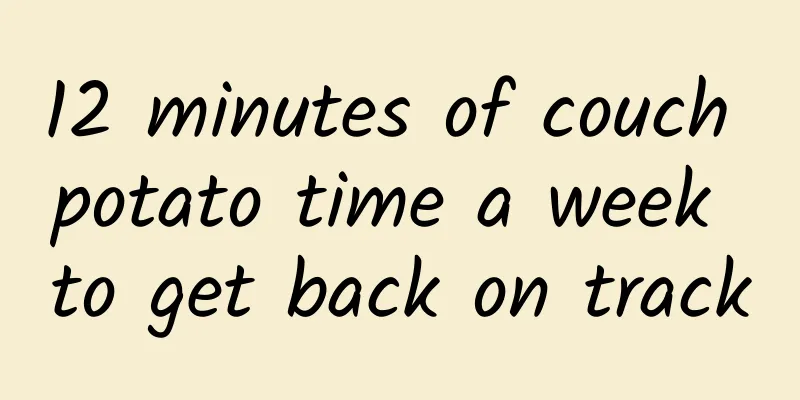Recognize the "clues" of ovarian cysts

|
Yuanyuan's company has been promoting a "weight loss trend" recently, so Yuanyuan also joined in the fun and started a weight loss campaign. However, she has been eating significantly less than usual recently, and she also insists on climbing mountains every weekend for exercise. However, not only has her weight not dropped, but her waistline has increased significantly. When she meets her friends, they all say that she has gained weight. Moreover, since she started losing weight, Yuanyuan often feels a dull pain in her abdomen. After going to the hospital for a checkup, she was diagnosed with ovarian cysts, which shocked Yuanyuan. Recognize the "clues" of ovarian cysts Ovarian cysts are common in white-collar women around 30 years old. Since the ovaries are relatively small organs in the human body and are hidden deep in the pelvic cavity, early cysts are difficult to detect. As the cysts grow larger, lower abdominal discomfort and other feelings will gradually appear. Therefore, it is particularly important to recognize the "clues" of ovarian cysts. Lower abdominal pain: When you stand up after exercise or sitting still, you may suddenly feel some pain in your lower abdomen. At this time, you should suspect ovarian cysts, because the fluid accumulated in the cysts will cause the ovaries to sag under the action of gravity, and a feeling of heaviness and pain will occur when you exercise. Abdominal distension: During the weight loss process, not only does the weight not decrease, but the waist circumference becomes thicker and the abdomen becomes swollen. At this time, ovarian cysts should be suspected, because the thickening of the waist circumference and the swelling of the abdomen are not caused by obesity or pregnancy, but are the manifestation of the gradual growth of the cyst. Frequent urination or difficulty urinating: When diaper rash or difficulty urinating occurs, you should actively go to the hospital for examination, because larger cysts squeezing the bladder can cause frequent urination or difficulty urinating. |
<<: Postpartum chronic pelvic inflammatory disease must be prevented
>>: Long-term persistent low back pain should alert you to adnexitis
Recommend
What causes cervical hypertrophy?
Cervical hypertrophy is a common gynecological pr...
Can I eat bird's nest during menstruation? What foods can't I eat during menstruation?
Not only will it not cause physical discomfort fo...
Eventually leading to infertility, women also have the hidden danger of "inflammation"
Many gynecological diseases can cause cervical er...
Analysis of common precautions for acute cervicitis
The precautions for acute cervicitis are of great...
What to do if adenomyosis causes pain for half a month
In life, some patients with adenomyosis inevitabl...
Obese and tired even though you don’t eat high-calorie foods? Doctor Liu Boen: 4 tips for cleaning your body to lose weight easily
Every October to February of the following year i...
Why haven't I had my period yet 36 days after my abortion?
Abortion refers to artificial abortion. If menstr...
What is the cause of vulvar leukoplakia?
Among the many gynecological diseases, vulvar leu...
What is the cause of uterine dysmenorrhea
A small uterus may also cause dysmenorrhea, becau...
Occurrence, development and treatment of ovarian chocolate cyst
Ovarian chocolate cyst, also known as ovarian end...
Can a girl who has had an abortion be found out during a premarital checkup? It's not too late to know now
Today I want to talk to you about a sensitive but...
How should women view the symptoms of cervicitis? Chronic cervicitis has five clinical manifestations
The cervical glands can secrete viscous secretion...
What are the symptoms of cervical erosion?
Cervical erosion refers to the ectopic movement o...
What is the differential diagnosis of ovarian cysts and what tests are needed?
What is the differential diagnosis of ovarian cys...
What are the ways to relieve dysmenorrhea? Tips to relieve dysmenorrhea pain
What are the ways to relieve dysmenorrhea? Tips t...









